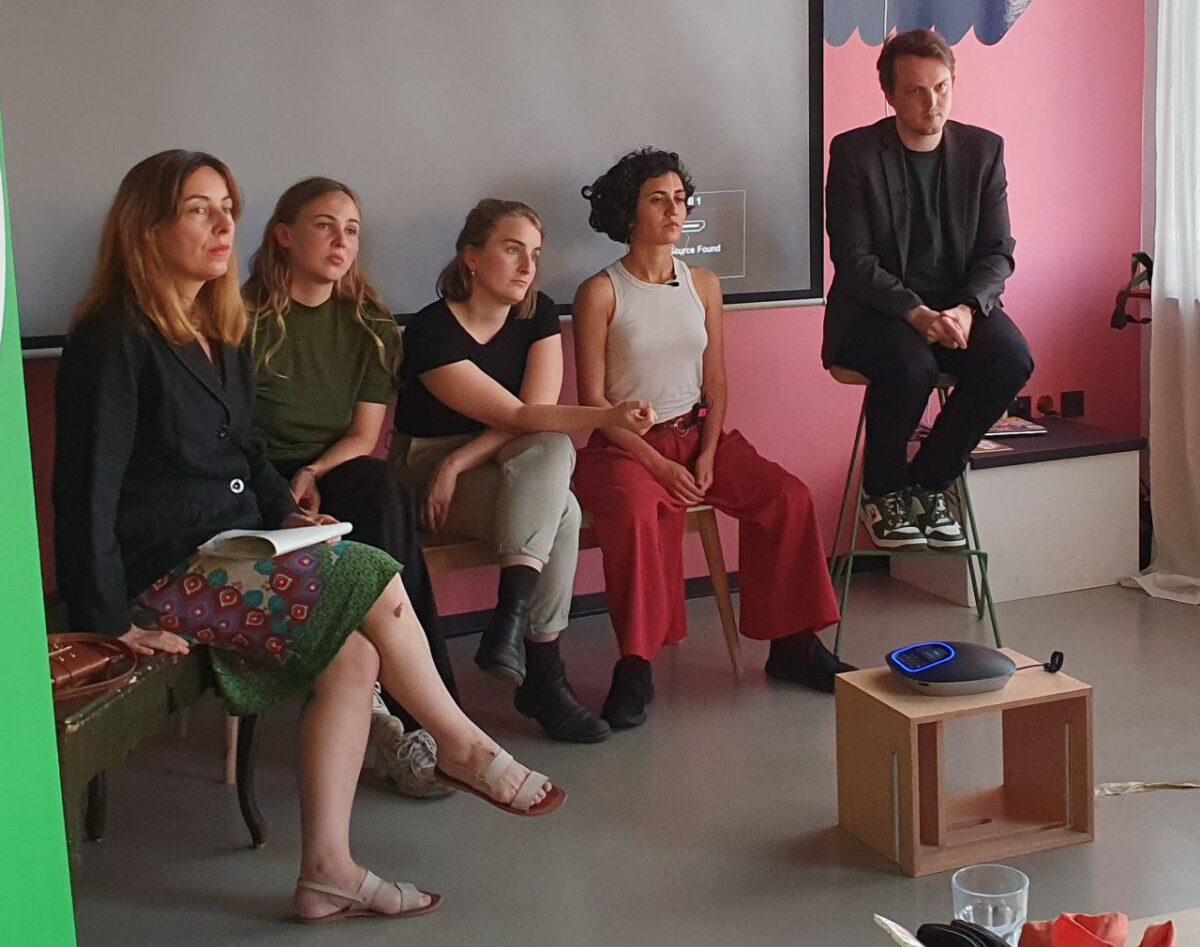Video: Presentation of the study on the criminalization of refugees

On July 6, we presented the results of the study "A lawless space – the systematic criminalization of refugees for driving a car or boat to Greece". If you missed the event, you can watch it again here.
You can find the presented study in English, German and Greek here.
On my behalf, Borderline Europe took a look at how the fight against suspected smugglers is being waged in Greece and came up with some shocking results. The investigations reveal a lawless space in which arbitrary justice is the order of the day in order to deter other people from fleeing.
Results
Smugglers represent the second largest group of inmates in Greek prisons, over 90% of them are third country nationals. In the vast majority of cases, however, it is not people smugglers who make money, but simply refugees who are accused of smuggling; and this only because they are accused of having crossed the border by car or boat.
Most individuals are convicted based on the testimony of a police or coast guard person, who in 68 percent of cases is not even present during the proceedings. A trial lasts an average of 37 minutes, with the average prison sentence being 46 years. Due to a lack of translation, the convicted often do not even directly understand what they have just been sentenced to and for. Given the severity and extent of criminalization and the associated human rights violations, there is an urgent need to address this problem and bring it to the attention of a wider public.
That is why on 06 July 2023 we met in the projecttogether met to talk about the criminalization of refugees.
The speakers
Lotta Mayr and Julia Winkler from Borderline Europe have presented the results of the study. Afterwards, the Greek lawyer Natasha Dailiani from the Legal Centre Lesvos again explicitly addressed the Greek legal framework. Mahtab Sabetara told the story of her father, who is in prison in Greece and was sentenced to 18 years in prison for driving the car in which everyone fled. How you can learn more about the case and support her in getting her father released, you can here or on Instagram experienced. At the end Petar Rosandić from SOS Balkan Route and Roswitha Feige from the Austrian Parish network asylum described how they managed to prevent the Lipa prison camp in Bosnia.